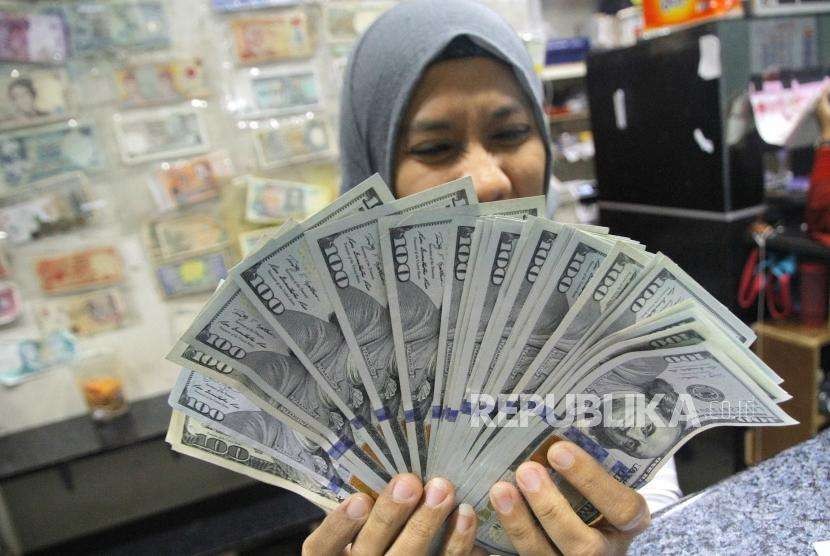REPUBLIKA.CO.ID, JAKARTA -- Exports and investment have become the two important aspects in strengthening Indonesia's economy, according to President Joko Widodo (Jokowi). He also said he had ordered his ministers in the economic field to fix the trade balance deficit within a year.
"When exports go up, if we can do that, our exports will increase, so we can solve the trade balance deficit. We can also close our current account deficit," President Jokowi noted in his opening address during the PT Toyota Motor Manufacturing Indonesia export realization event in Jakarta, Wednesday.
With the rise in exports, the country's foreign exchange will increase, and the trade balance will be more stable, he explained. In addition, the head of state remarked that the global currency exchange rate was currently weakening due to external factors, such as the increase in interest rates in the United States and the trade war between the United States and China.
Jokowi explained that in order to deal with this, coordination with economic actors was the key to domestic economic stability. "I think the most important aspect is for us to be alert. We must be careful. I always coordinate in the fiscal, monetary, and industrial sectors as well as with business actors," Jokowi remarked.
The rupiah exchange rate transacted between banks in Jakarta on Wednesday morning, weakening by 25 points to Rp14,920. The rupiah was recorded at Rp15,024 against the greenback on Wednesday (Sept 5) afternoon.
Center for Indonesian Policy Studies researcher Assyifa Szami Ilman reminded the public to not harbor concerns over the weakening of the rupiah. Ilman believed that the government has been responsive in restraining the weakening of the rupiah exchange rate.
Although the rupiah depreciated by around seven percent, the amount was still lower than that of other countries, such as the Indian rupee, 9.7 percent; South African rand, 15.98 percent; and Brazilian real, 20.26 percent.



